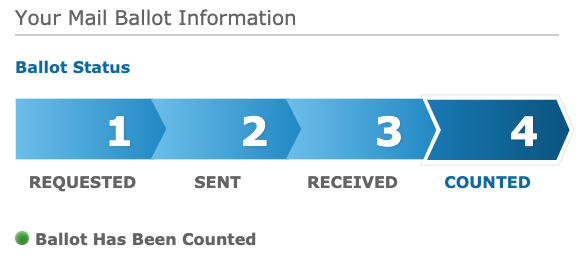
We are pleased show and tell anyone who is interested that to be a good journalist, we must not only follow the 5 W's, but also listen and learn how to produce a well crafted story.
We should question everything, Why don't journalists ask why over and over? Who, what, when, where and why are the five most basic questions to ask when gathering information. To create meaningful content, a more specific question to ask is “Why should we care?”
Open-ended questions that we truly do not know the answers to are the best questions to ask. These should be clean and simple.
• Let our curiosity lead our questioning
• Listen carefully and ask better questions
• Thinking outside the norm is what we all should strive for
• Get over our ego and just ask, What do you mean by that?
Skype, FaceTime and web cams make it convenient for journalists to transport themselves in a moment’s notice, but should never be the first option when we are requesting an interview.
Meet and greet is the "meat and potatoes au gratin" of great interviews. Keep in mind all the the nonverbal cues that are at our disposal when we are sitting near someone. We wouldn’t want the opportunity of looking into someone's soul to be lost.
During fact finding, face-to-face interviews, a good journalist should not be afraid to take the lead, but also knows when to be silent. Be comfortable driving the conversation, but if our source sits quiet for a few moments after a question, don’t talk through the silence assuming that the question needs to be re-framed. Allow for time to reflect.
Hand-held devices, digital recorders, camcorders and apps make it all to easy to verify content from interviews, but it can also be lost or destroyed. Therefore, never trust a recorder. And if that information is lost, there is nothing wrong with being honest with our source and requesting a second interview... It happens.
Gadgets are great, but they will never replace taking notes during an interview.
The more we write, the less we have to rely on recorded information, which makes more work for us in the long run because It takes time to go over these recordings, so it’s better to have a few solid, direct quotes that we’ve already written down.
Finally, a key to gathering quality content during an interview is to listen carefully. Let's never find ourselves so consumed with our next question that we miss valuable information. A lack of content could lead to a story with little substance, or worse, making careless and career-ending decisions.
Thanks for this time and any future considerations.